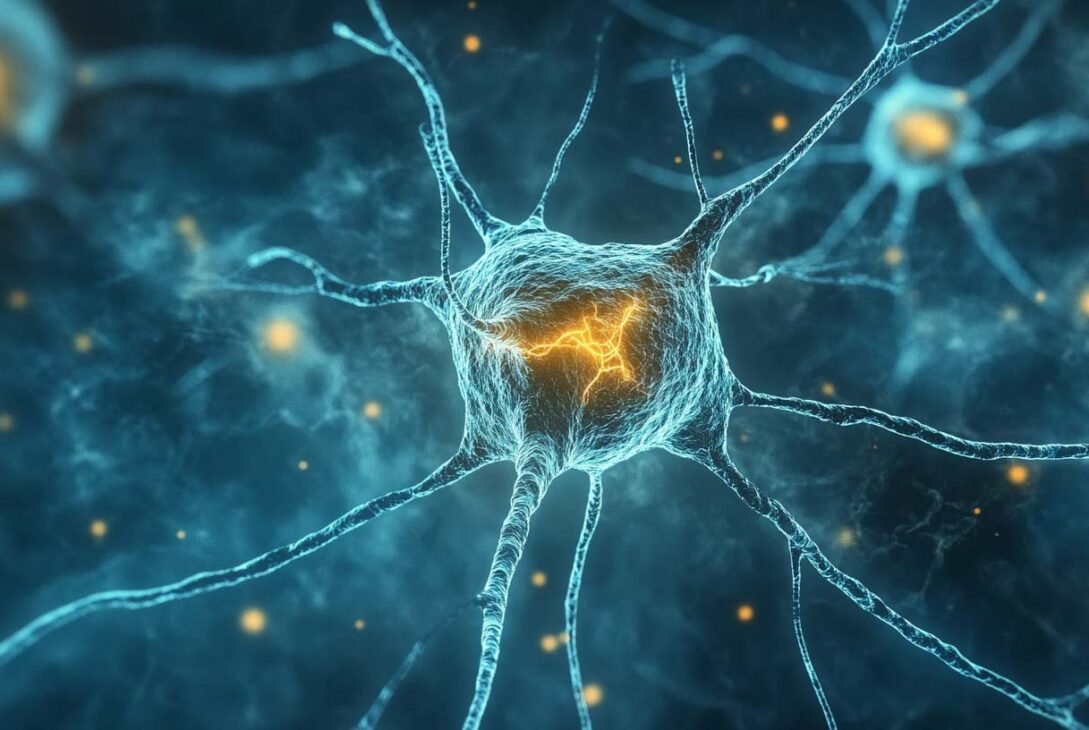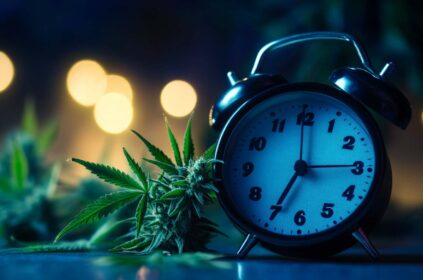Guide to Delta-9 THC’s Effects on Neuroplasticity in Stroke Recovery
Introduction
Recovering from a stroke is often described as a winding path—complex and unpredictable. As people navigate through the various challenges it presents, there’s a growing body of interest surrounding cannabinoids, particularly Delta-9 THC (tetrahydrocannabinol), and their potential in enhancing neuroplasticity. This guide explores how Delta-9 THC might aid recovery after a stroke, looking at its effects on the brain, the benefits it could offer, the risks involved, and practical recommendations for safe consumption.
Understanding Delta-9 THC
Delta-9 THC is the chief psychoactive ingredient found in cannabis. It’s known for creating a high, which often includes feelings of euphoria, altered perception, and relaxation. However, its role goes beyond recreational use. Research shows that when Delta-9 THC enters the body, it binds to cannabinoid receptors in the brain, influencing various cognitive and physiological functions.
How Delta-9 THC Affects the Brain
Delta-9 THC works through the endocannabinoid system—a complex network responsible for modulating numerous brain functions, including those tied to neuroplasticity. Here’s how it might exert its effects:
- Pain Relief and Inflammation: One of Delta-9 THC’s notable benefits is its ability to diminish inflammation and alter pain pathways. For stroke survivors, this could provide relief from discomfort that might impede recovery.
- Sleep Quality: Quality sleep is crucial for physical recovery; Delta-9 THC can enhance sleep patterns, contributing positively to brain repair and neuroplasticity.
- Mood and Anxiety: The effects of Delta-9 THC on mood can be significant. A calmer emotional state may ease anxiety and improve the mental wellness of stroke survivors, facilitating a more positive recovery journey.
Neuroplasticity After Stroke
Neuroplasticity refers to the brain’s remarkable ability to adapt and reorganize itself after injury. Following a stroke, the brain attempts to forge new neural connections, compensating for damaged areas.
Key Aspects of Neuroplasticity in Stroke Recovery
- Spontaneous Recovery: The first several months post-stroke are critical, often characterized by spontaneous recovery. During this time, the brain exhibits a high degree of neoplastic activity.
- Rehabilitation: Structured rehabilitation is essential for harnessing neuroplasticity. Techniques such as repetition and targeted exercises help stimulate new connections.
- Compensatory Mechanisms: Neuroplasticity enables the brain to shift functions from damaged regions to healthier parts, very much like re-organizing a library after some shelves collapse.
Delta-9 THC and Neuroplasticity in Stroke Recovery
Potential Benefits
The prospect of using Delta-9 THC in the recovery process fosters hope, particularly when considering these potential benefits:
- Neuroprotective Effects: Preliminary studies suggest that cannabinoids, including Delta-9 THC, may protect against further brain damage. They might enhance blood flow to affected areas and exert protective anti-inflammatory effects, which can be vital in reducing risk factors associated with strokes.
- Enhanced Recovery Environment: Improved sleep, alleviated pain, and better-managed anxiety levels create an optimal environment for neuroplasticity. Lower stress levels can significantly enhance the brain’s ability to heal and adapt.
Risks and Considerations
It’s essential to approach Delta-9 THC with caution, especially given the context of stroke recovery:
- Cardiovascular Risks: There are cardiovascular considerations to be aware of—Delta-9 THC may increase the risk of ischemic stroke and can impact blood vessels adversely.
- Interaction with Medications: If you are taking medications for stroke recovery, especially anticoagulants, Delta-9 THC could pose significant interactions. Consultation with healthcare professionals is paramount.
- Dosage and Monitoring: Initiating treatment with a low dose and gradually increasing it under professional supervision can help mitigate potential risks associated with higher doses.
Recommendations for Safe Consumption
When contemplating Delta-9 THC as part of stroke recovery, consider these practical steps:
- Consult Healthcare Provider: Before making any decisions regarding the use of Delta-9 THC, a thorough discussion with a healthcare provider is crucial.
- Choose High-Quality Products: It’s vital to select lab-tested cannabis products. Quality assurance helps ensure that you’re getting accurate dosing while minimizing contaminants.
- Monitor and Record Effects: Keeping a log of your experiences with Delta-9 THC can be insightful. Noting symptoms, emotional responses, and any side effects can help tailor your experience and inform your healthcare provider.
Conclusion
The relationship between Delta-9 THC and stroke recovery is complex yet promising. While it may offer beneficial properties such as pain relief, better sleep, and potential neuroprotective effects, accompanying risks, particularly regarding cardiovascular health, must be taken seriously. For stroke survivors considering Delta-9 THC, a cautious, well-informed approach involving consultation with healthcare professionals, monitoring, and gradual adaptation can yield the best outcomes.
Actionable Tips
- Educate Yourself: Stay informed about the latest research regarding cannabinoids and stroke recovery to empower your choices.
- Consult Professionals: Work closely with healthcare providers before introducing any new treatment or supplement into your recovery plan.
- Monitor Health Metrics: Keeping an eye on health indicators such as blood pressure and heart rate can contribute to safe usage.
- Integrate into Rehabilitation: Consider Delta-9 THC as part of a broader rehabilitation strategy, including physical therapy and cognitive exercises.
By understanding the nuanced effects of Delta-9 THC on neuroplasticity and approaching it with caution and foresight, stroke survivors can potentially enhance their recovery pathways, ushering in hope and new possibilities for brain healing.





















